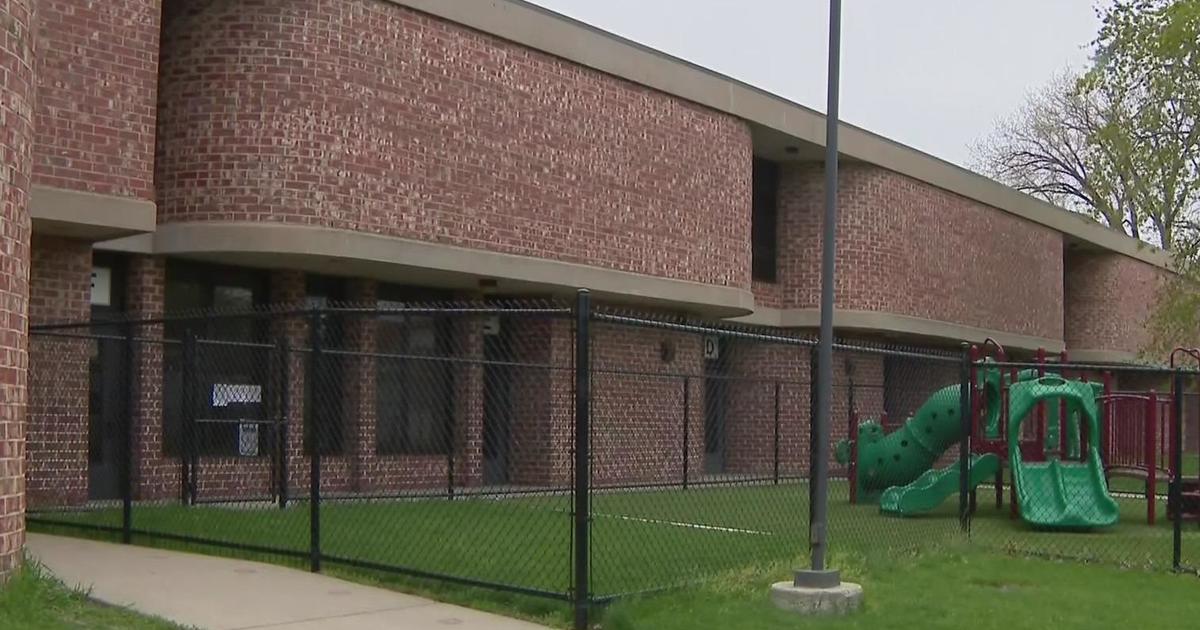Illinois Reports Nine Cases Of Acute Flaccid Myelitis, A Polio-Like Illness
CHICAGO (CBS) -- Illinois now reports nine cases of a rare polio-like illness that has popped up in several states It's called Acute Flaccid Myelitis.
The cases are from individuals younger than 18 years of age and from northern Illinois, the Illinois Department of Public Health said Wednesday.
AFM can cause symptoms similar to polio, including sudden arm or leg weakness, loss of reflexes, drooping eyelids, facial weakness, difficulty swallowing, slurred speech, and difficulty moving the eyes.
"In September, [the Illinois Department of Public Health] issued an alert to health care providers about AFM, including information about reporting this clinical syndrome and submitting specimens. Illinois has monitored this syndrome since 2014 when it was first described by CDC.," the health department said in a statement.
Previously, only four cases had been reported in Illinois since 2015.
Dr. Vishnu Chundi is a Senior Partner at Metro Infectious Disease Consultants and Chair of Infection Control at Loyola McNeil Hospital and West Suburban Medical Center. Chundi says doctors started seeing AFM cases, as far back as 2014 with a total of 362 nationwide to date.
"It was originally recognized in Colorado," Chundi said. "Now you're finding cases in Canada, you're finding cases where people are looking hard for children with this basically, paralysis-like illness."
Outside of Illinois, there are currently a few dozen cases of AFM in the United States.
In one case, doctors at Lurie Children's Hospital and specialists from the U.S. Centers from Disease Control and Prevention have diagnosed 2-year-old Julia Payne with the rare nervous system disease.
The Batavia girl first showed cold-like symptoms, and then turned blue and began to suffer muscle weakness. She was rushed to the hospital about a month ago. After that, her symptoms got progressively worse, leading to paralysis in her neck and arm.
Eventually, she no longer was able to breathe on her own. It took weeks for specialists in the pediatric intensive care unit to figure out what was wrong with her. Eventually they narrowed it down to AFM.
Her parents have been telling Julia's story so others can learn from their ordeal.
"I would say if something seems wrong, trust your instincts. Go to the doctor. Keep asking questions. If they can't give you answers, ask more questions. Do more research. Just don't settle for, 'Oh, I don't know, it might not be a big deal,' because sometimes it turns into this, and so you really need to push for and be an advocate for your child," said her mother, Katy Payne.
Julia is doing much better, and breathing on her own again. Her parents are waiting for her to be released from the hospital so she can begin months of intensive physical therapy.
"In the last few days, [she] has mouthed a few words, giving us thumbs ups, kind of created her own Julia language with leg kicks and hip wiggles," said her father, Josh Pane.
Infectious disease specialist Dr. Tina Tan said she's confident Julia will recover; and she said people shouldn't panic, because the cluster of AFM cases is not an epidemic.
"People need to realize that this is a rare complication of enteroviral disease," she said. "Enteroviral disease in and of itself is very, very common; and most people get over it with no complications at all. This is just one of the rare complications that can occur."
While there is no vaccine for AFM, experts said exposure to the polio virus can trigger the disease. That's why doctors are urging parents to make sure their children's vaccinations are up to date.



